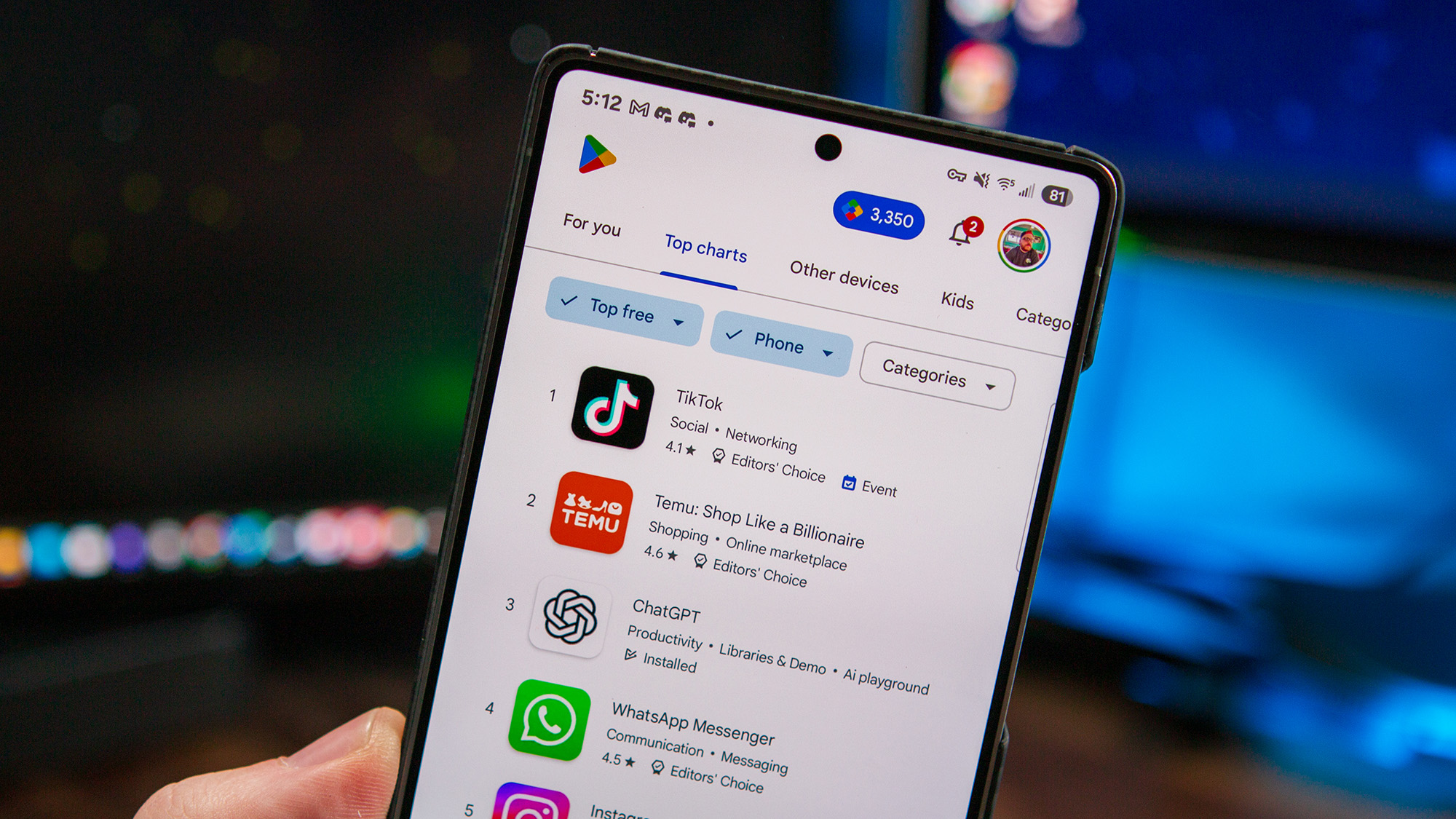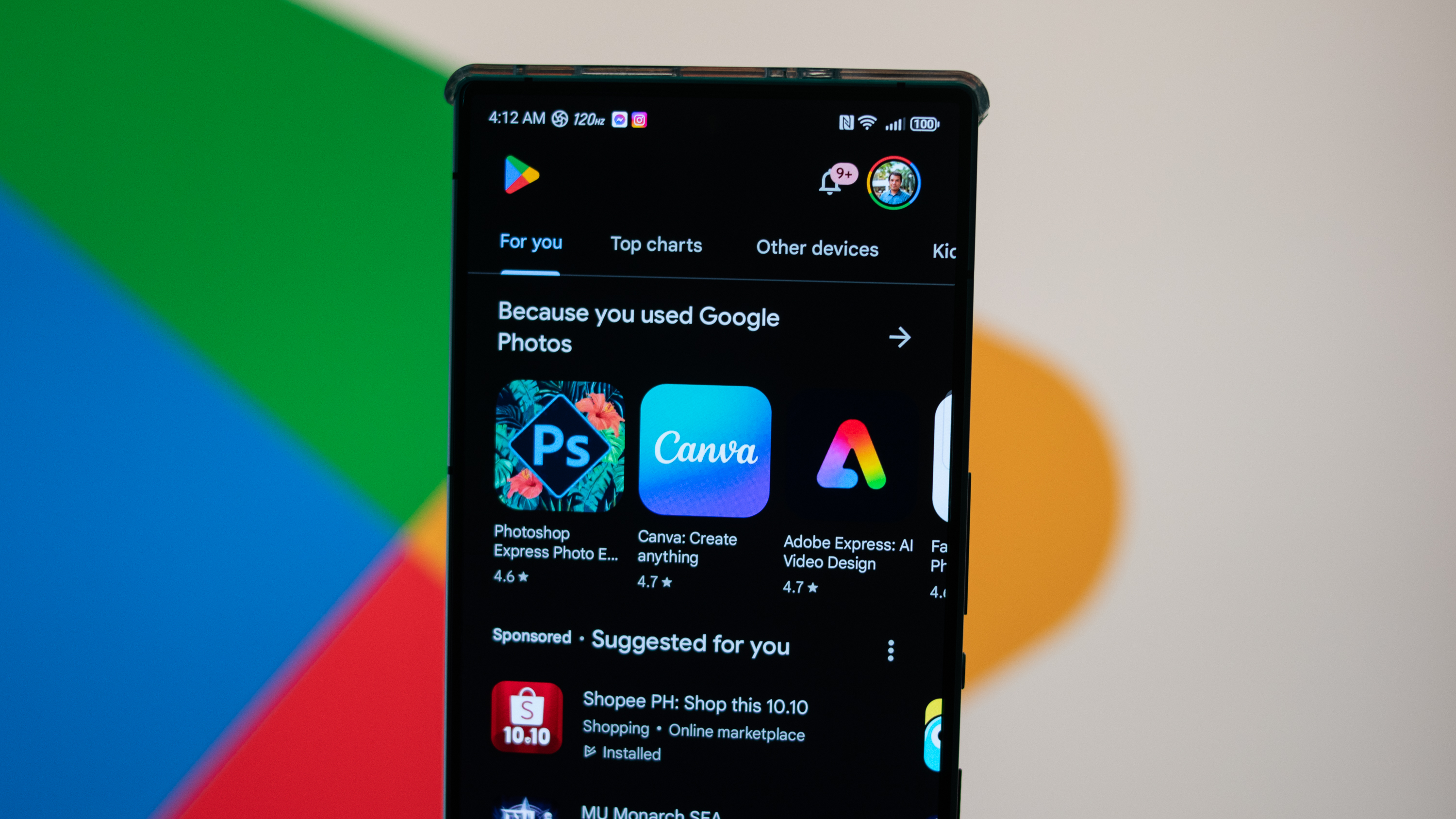Sideloading apps onto Android phones from random sources won’t be an option starting in 2026
Only developers who verify their identity will be able to let users sideload their apps.

What you need to know
- Google is requiring developers to verify their identity before their apps hit your phone.
- This kicks in September 2026, starting with Brazil, Indonesia, Singapore, and Thailand, where shady apps have been thriving.
- A new Android Developer Console is coming, with a lighter version for hobbyists and students.
Forget the old days of a free-for-all for side-loading, as Google is shaking things up with how apps get on your Android phone. Starting next year, any app you want to install, especially from outside the Play Store, will have to come from a developer who has gone through a new verification process.
Instead of policing app content, Google is introducing a system that verifies the identity of developers before their apps can be sideloaded or installed on certified devices.
Google wants you to think of it as showing ID at airports rather than getting your bag searched, as per the company's blog post. Starting in September 2026, this verification step will be required in select regions, including Brazil, Indonesia, Singapore, and Thailand, where Google says scams and malicious apps have been particularly disruptive.
By confirming who’s behind an app, Google hopes to cut down on repeat offenders who try to rebrand and redistribute harmful software. The system doesn’t analyze or restrict what developers publish; it simply ties their work to a verified identity, making it harder for bad actors to slip through.
A new console for creators big and small

To support this shift, Google is preparing a dedicated Android Developer Console for those distributing apps outside of Google Play, with a lighter version tailored for students and hobbyists who just want to experiment.
The console lets developers create an account, verify their identity, and register app package names. It’s only for those distributing apps outside Google Play, while developers on both platforms can stick with their existing Play Console.
The tech giant has already seen success with identity verification on the Play Store since 2023, which helped cut down on fraudulent apps, financial scams, and malware targeting users.
Get the latest news from Android Central, your trusted companion in the world of Android
For most people who only use the Google Play Store, nothing will change. But for those who use third-party app stores or like to download apps directly from a developer's website, this is a significant shift.
This change is bound to stir debate. Some will welcome it as a way to keep users safe from harmful apps, while others may see it as Google edging closer to Apple’s walled-garden approach. For the open-source crowd, the real concern is what this means for smaller developers who can’t — or won’t — go through Google’s verification hoops.

Jay Bonggolto always keeps a nose for news. He has been writing about consumer tech and apps for as long as he can remember, and he has used a variety of Android phones since falling in love with Jelly Bean. Send him a direct message via X or LinkedIn.
You must confirm your public display name before commenting
Please logout and then login again, you will then be prompted to enter your display name.
